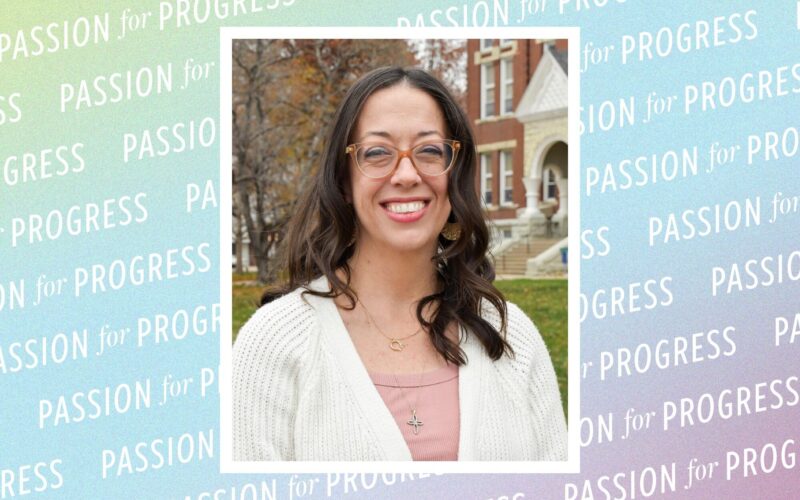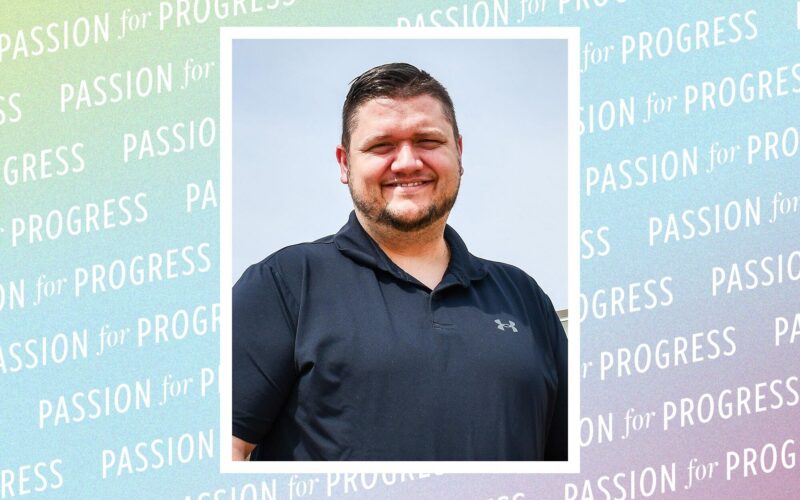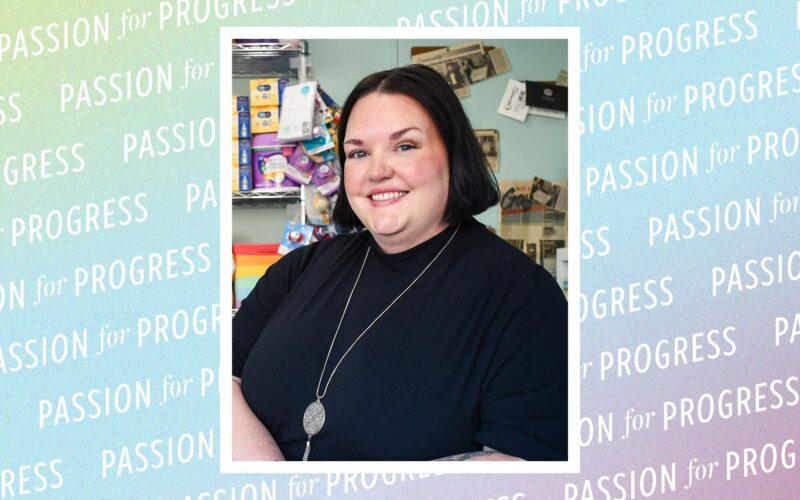By Brian Fogle, President & CEO
Pursuing a once-in-a-generation opportunity to lift up families
The legendary pitcher Satchel Paige allegedly said, “the problem with cockroaches is not what they bite into or drag off, it’s what they fall into and mess up.” I’ve thought of that quote often over the past many weeks as I hear the debates going on locally, regionally and nationally about so many social issues that I think are detracting from what should be a main focus: getting folks back into the workforce.
The most recent job-openings report shows in excess of 10.4 million in September … just a shade under the record set the previous month. The most recent unemployment report shows just 7.4 million persons “officially” unemployed now. Since February 2020, it’s estimated that over four million have left the labor force, with nearly two-thirds of them women. Many have termed this “The Great Resignation,” and a recent report from the Bureau of Labor Statistcs showed that 4.4 million workers quit their jobs in September. We are seeing the byproducts of this phenomenon in longer wait times, product shortages and even shorter tempers as service declines.
What is a challenge for employers and consumers is also a once-in-a-generation opportunity to lift up individuals and families economically, cut poverty, and narrow the income gap that has been widening now for a half-century. We are seeing $4,000 signing bonuses for school bus drivers, $16 an hour for fast-food workers and paid tuition for manufacturing workers.
Through a series of donor-education events, the Community Foundation of the Ozarks has focused on this challenge and opportunity for the past few months. What are the barriers individuals and families are facing as they struggle to get back to work? What role can philanthropy play in filling in the gaps that trillions of dollars of federal stimulus cannot or will not fund? We have now held three panel discussions — one involving employers, another featuring nonprofits serving under-resourced individuals and families, and a final one discussing solutions. Three of the main barriers to employment are becoming clear.
The first is workforce flexibility. Secondly, we’ve heard clearly that child care, or lack thereof, is a critical barrier. A representative of one of our local foundations recently shared that 30% of the child care capacity in our state disappeared during the pandemic. Like every other business, they struggle mightily with hiring staff. And finally, we continue to hear stories of the barriers that a lack of affordable and available transportation imposes.
This current predicament is the culmination of a decades-long trend that the pandemic has magnified. In his 2018 book, “The Once and Future Worker,” economist Oren Cass wrote:
“The problem is not so much that public policy has failed as that it has succeeded at the wrong things. … We got exactly what we thought we wanted: strong overall economic growth and a large GDP, rising material living standards, a generous safety net, rapid improvements in environmental quality, extraordinarily affordable flat-screen televisions and landscaping services. Yet we gave up something we took for granted: a labor market in which the nation’s diverse array of families and communities could support themselves. … What we have been left with is a society teetering atop eroded foundations, lacking structural integrity, and heading toward collapse.”
Mind you, he wrote this prior to the pandemic!
We now have a seminal moment to rectify our past and take advantage of this opportunity to get people back to work. We are trying to do our part, and hope our public officials might set aside the debate on social issues and dive head first into allocating the trillions of federal stimulus dollars to help address the barriers preventing people from coming back to their jobs. We will be sharing new information soon as our own planning process continues.
For now, let’s get to work!
Brian Fogle is the President and CEO of the Community Foundation of the Ozarks.


